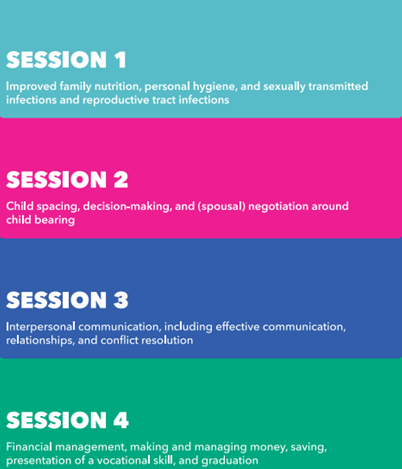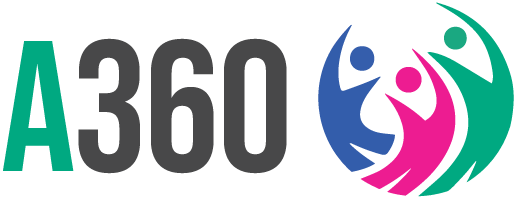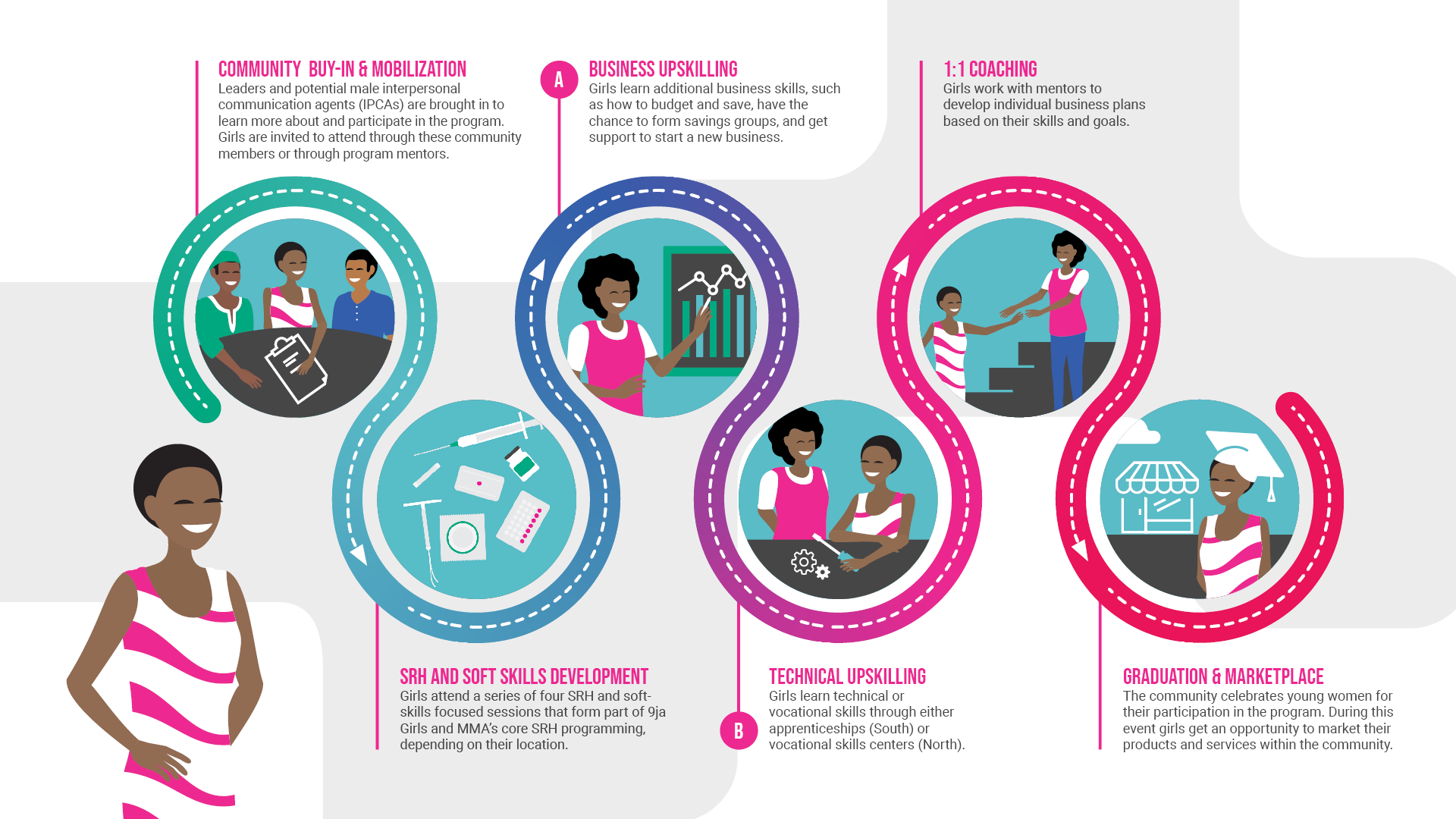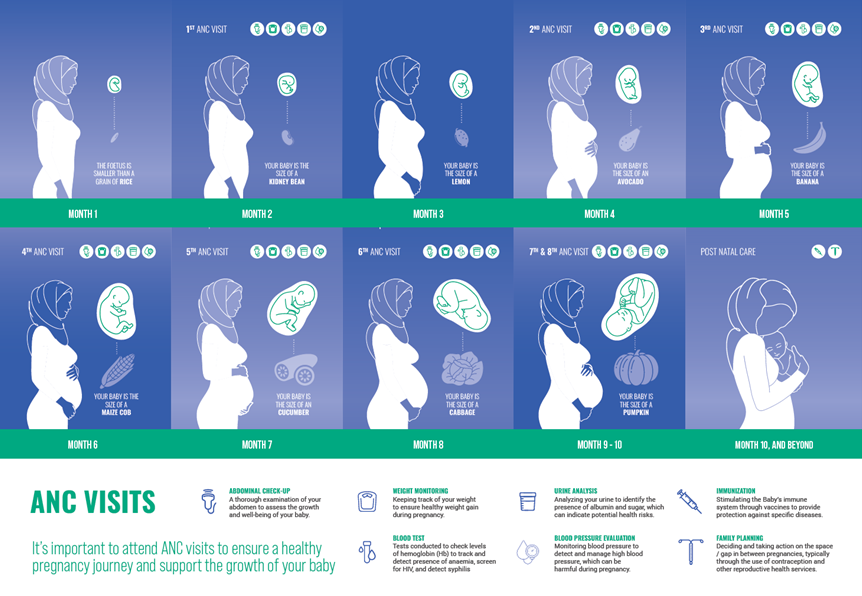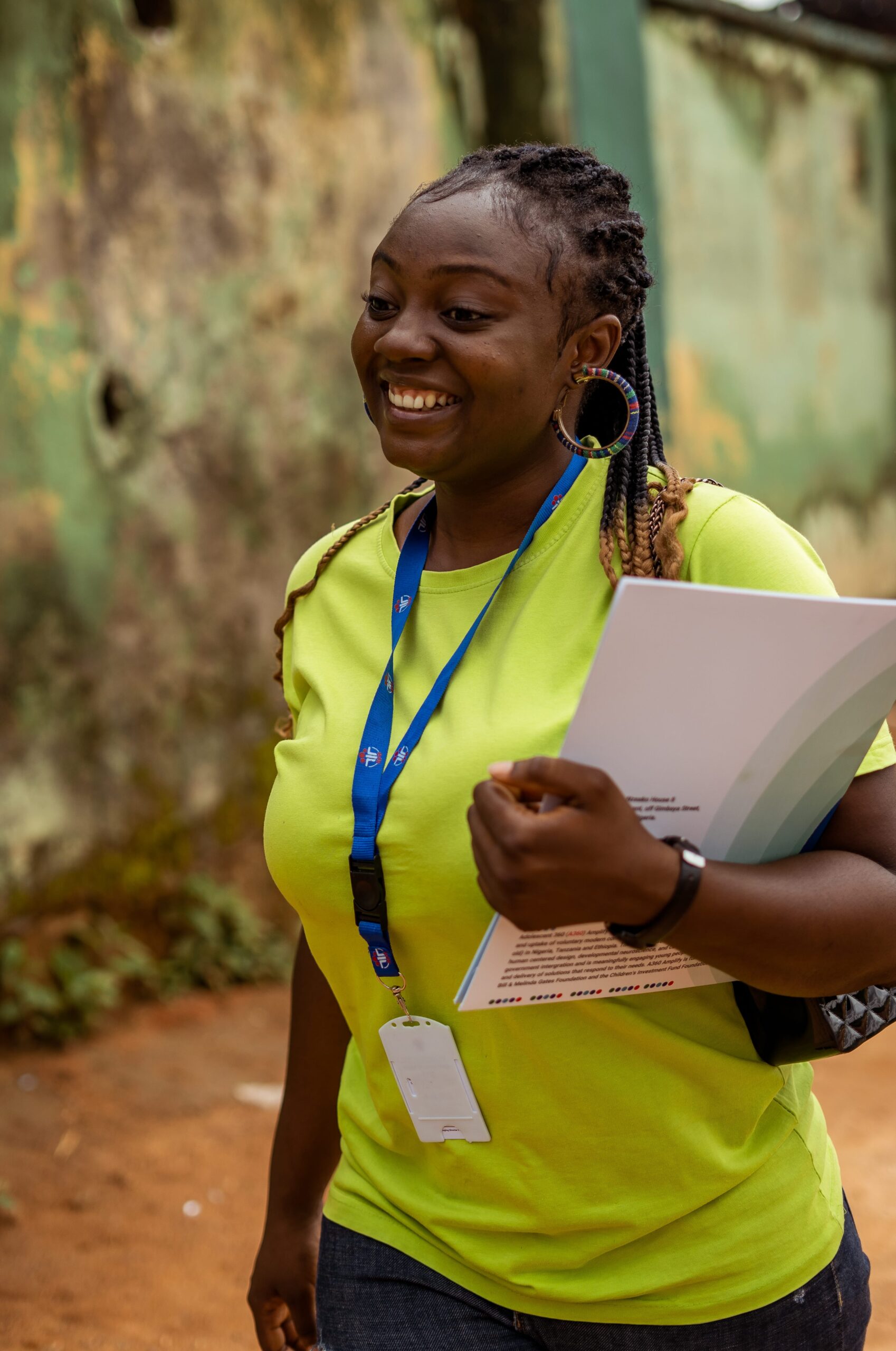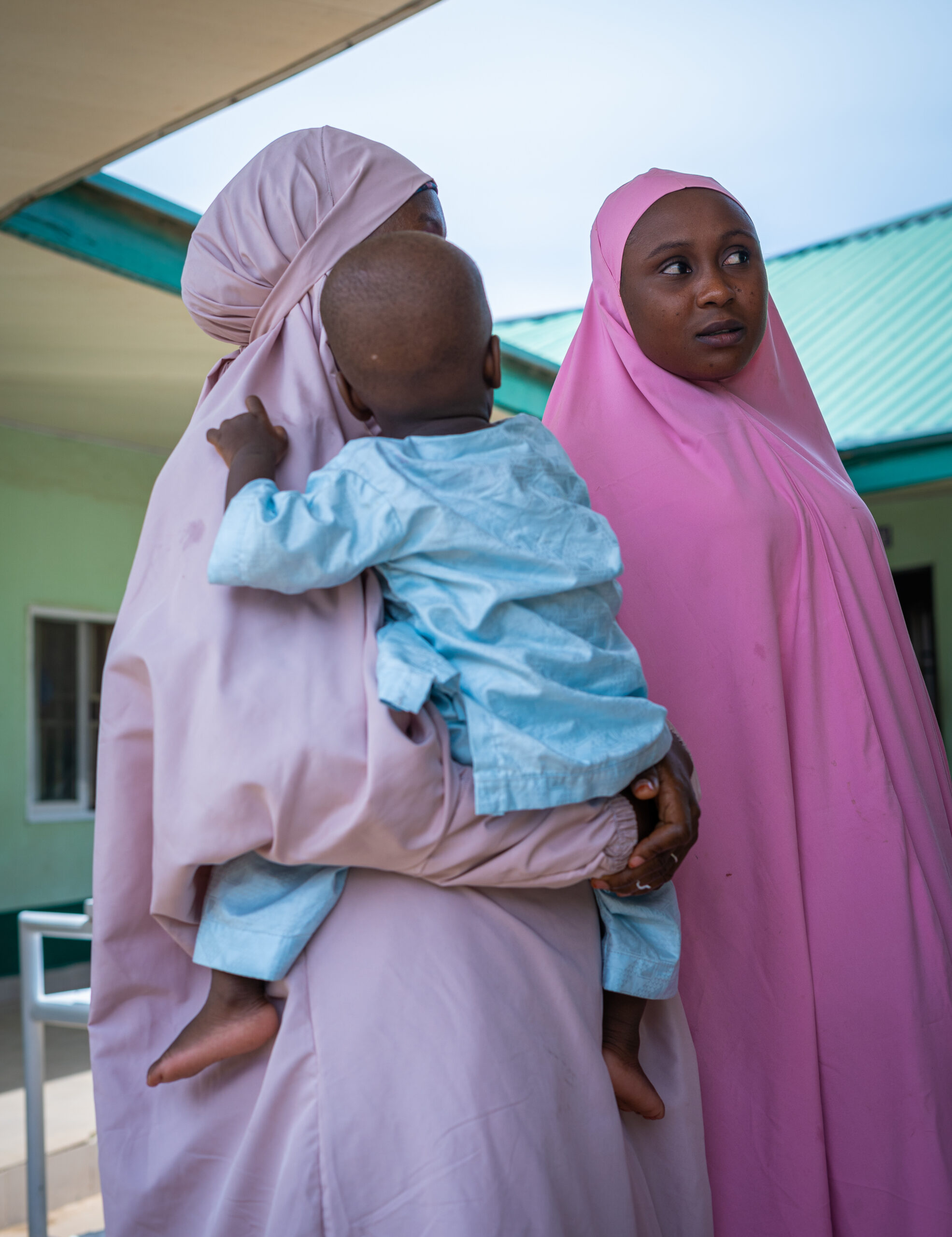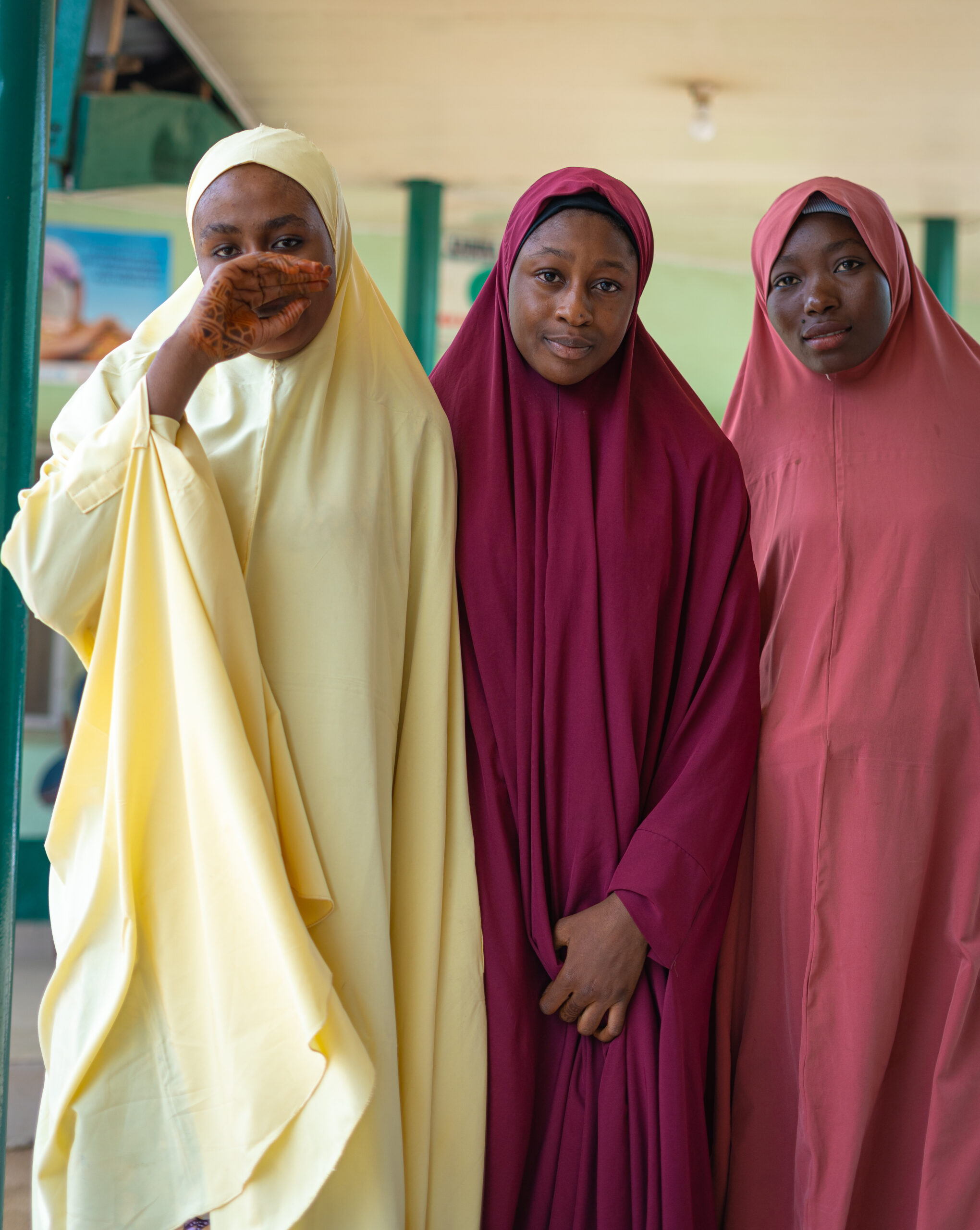Adolescent girls can attend up to four LFH mentorship group sessions, each lasting from 2-2.5 hours. Some of these sessions take place in girls’ communities at a communal house or compound and a minimum or two are held at a health facility. Storytelling, rhythm, rhyme, and repetition help girls to internalize learning and make LFH sessions more interactive. Mentorship groups allow married girls the opportunity to socialize, reflect on course content, and discuss their goals in a safe and open environment. Mentors inform girls during sessions of the opportunity to walk-in to see the health provider at the facility for confidential, one-on-one contraceptive counseling.
In some cases, LFH classes are also able to provide girls with the opportunity to learn a vocational skill that they can use to begin to earn money to pursue their goals.
LFH mentors use a session guide, available in English and Hausa, to facilitate sessions.
